eu-citizen.science blog
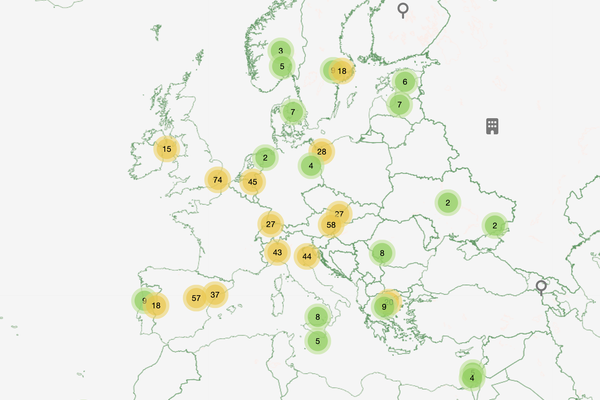
Francisco Aug. 11, 2025, 11 a.m.
Towards a community of developers (for citizen science)
To sustain and expand this balanced effort, the European Citizen Science Platform working group was created to serve as a central hub for exchange. It is responsible for maintaining the platform's integrity, driving it forward with collaborative updates, and promoting its adoption in national or regional settings.
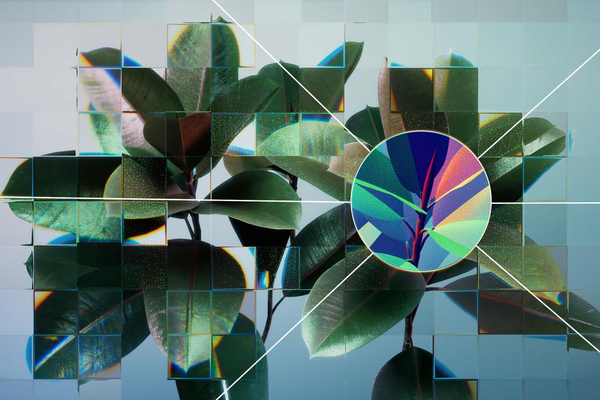
Fotis Mystakopoulos Aug. 11, 2025, 11 a.m.
Inclusive and accessible science: citizen science in the age of AI
We are in an era where Artificial Intelligence (AI) is influencing many scientific fields. Researchers are exploring how AI can be utilised to advance scientific research—while also ensuring it is used responsibly. As part of this ongoing dialogue, the ECSA Citizen Science and Open Science working group organised a webinar to explore various practices demonstrating the potential of citizen science to interact with AI.
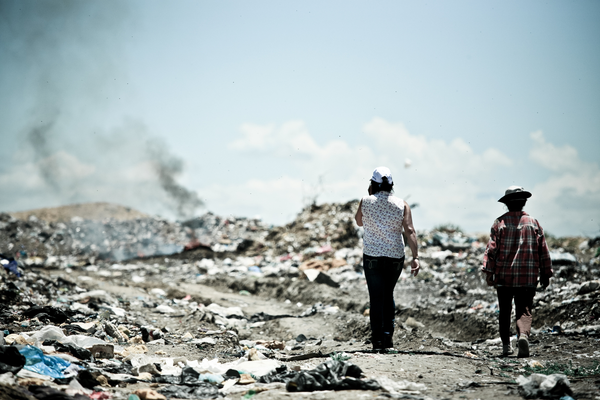
Anna Berti Suman Aug. 11, 2025, 11 a.m.
The first months of the new ECSA working group on citizen science in areas affected by armed conflicts
Earlier this year, in May, we launched a new ECSA working group to explore and promote the use of citizen science in areas affected by armed conflicts. Anna Berti Suman (A Sud) and Doug Weir (Conflict and Environment Observatory) are Co-Chairs of the new working group. In their first weeks of existence, almost 50 participants joined the group, from European to non-European countries, for example Iraq, Sudan, and Myanmar, and spanning across expertise and affiliations.
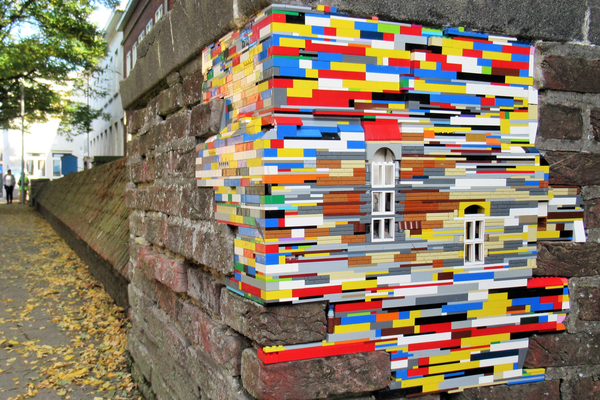
Franziska Stressmann June 4, 2025, 8:22 a.m.
Building a pan-European Infrastructure for excellent citizen science for the future of citizen science
RIECS-Concept came to life in November 2023, with the mission to weave together citizens – the core component of the research infrastructure – with the resources they contribute (e.g. mobile phones, computers, community networks) and existing scientific resources such as platforms, repositories and other research infrastructures whilst providing a range of transversal services to the entire citizen science community.
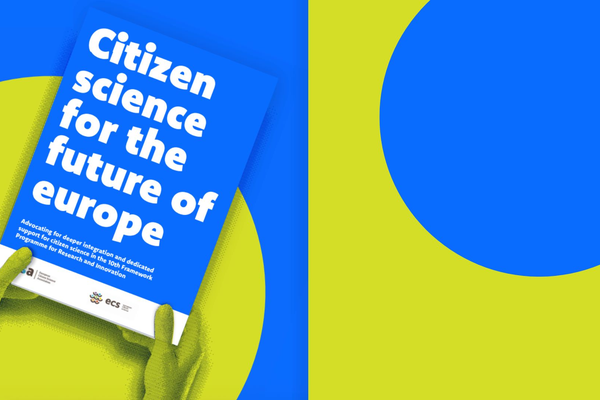
Fermín Serrano Sanz Serrano, June 4, 2025, 8:21 a.m.
Citizen Science for the Future of Europe: behind the scenes
In May 2025, the European Citizen Science community proudly launched a new position paper: Citizen Science for the Future of Europe. This publication, jointly developed by ECSA’s Working Group on Policy, Strategy, Governance and Partnerships and the European Citizen Science project, makes a strong case for deeper integration and dedicated support for citizen science in the 10th Framework Programme for Research and Innovation (FP10). But how did we get here? What began as a simple idea in spring 2024 evolved into a year-long journey of co-creation. Here’s a look behind the scenes through some facts and personal reflections.
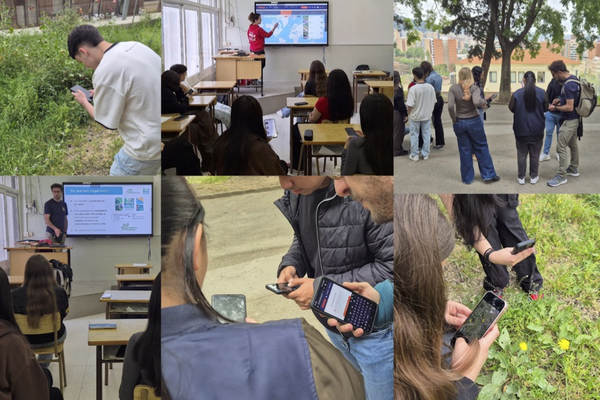
Carlos Rodero, May 28, 2025, 8:03 a.m.
Discovering the wild side of Barcelona
Barcelona leads urban biodiversity monitoring with the BioDiverCiutat 2025, the local event of the City Nature Challenge

Anna Berti Suman May 14, 2025, 8:35 a.m.
ECSA lancia un nuovo gruppo di lavoro sulla citizen science nelle aree colpite da conflitti armati
La European Citizen Science Association (ECSA) ha lanciato un nuovo gruppo di lavoro per esplorare e promuovere l'uso della citizen science – la cosiddetta ‘scienza civica’ – nelle aree colpite da conflitti armati. Il nuovo gruppo di lavoro ha una serie di obiettivi, primo fra tutti quello di esplorare il potenziale attuale e futuro della citizen science nelle aree colpite da conflitti armati.

Katerina Zourou May 14, 2025, 8:30 a.m.
O ECSA ξεκινάει τη λειτουργία μιας νέας ομάδας εργασίας για την επιστήμη των πολιτών σε περιοχές που πλήττονται από ένοπλες συγκρούσεις
Ο Ευρωπαϊκός Οργανισμός για την Επιστήμη των Πολιτών (ECSA) ξεκινάει τη λειτουργία μιας νέας ομάδας εργασίας για να εξετάσει και να προωθήσει τη χρήση της επιστήμης των πολιτών σε περιοχές που πλήττονται από ένοπλες συγκρούσεις. Η Anna Berti Suman και ο Doug Weir εξηγούν γιατί συστάθηκε η νέα ομάδα και πώς μπορείτε να συνεισφέρετε.

Doug Weir, May 14, 2025, 8:23 a.m.
ECSA launches new working group on citizen science in areas affected by armed conflicts
The European Citizen Science Association (ECSA) has launched a new working group to explore and promote the use of citizen science in areas affected by armed conflicts. This new working group has a number of objectives, foremost of which is to explore the current and future potential of citizen science in areas affected by armed conflicts.
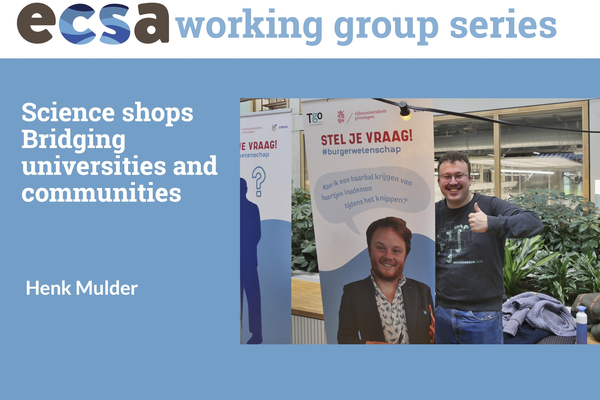
Henk Mulder, May 6, 2025, 12:36 p.m.
Science shops - Bridging universities and communities
How can universities foster meaningful engagement with society? One approach is through Science shops—university-based initiatives that connect researchers with civil society organisations to address real-world challenges. During a recent meeting of the ECSA Working Group on Citizen Science and universities, participants discussed the role of science shops, why they thrive in academic settings, and how they operate. This blog post summarises key takeaways from the discussion.
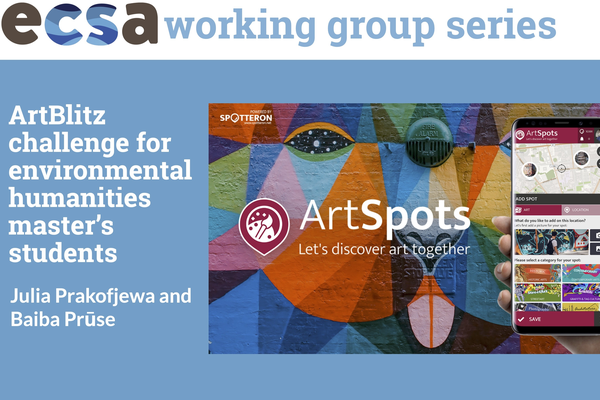
Baiba Pruse April 10, 2025, 11:01 a.m.
ArtBlitz challenge for environmental humanities master’s students
Have you ever walked in the streets with a thought that a flower meadow, seaweed, or seagrass could be illustrated on the white building walls? Well, we have! ECSA Working Group on Green spaces and citizen science, and its chairs Baiba Prūse, Sofie Meeus, Stefano Martellos and Vito Emanuele Cambria undertook a new adventure. By co-joining forces with the SPOTTERON citizen science platform and the ArtSpots app team, we brought a unique research challenge to Ca’ Foscari University of Venice master students facilitated by Ca’ Foscari University of Venice Biocultural Diversity Lab team.
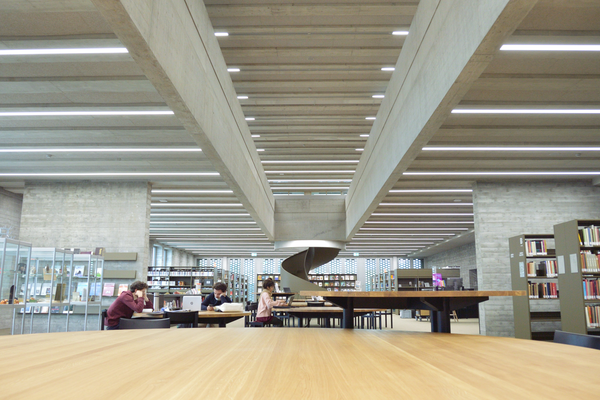
Muki Haklay April 9, 2025, 9:10 a.m.
The European Citizen Science Academy: context and activities
In this article, we take a look at the development of the European Citizen Science Academy, with a long perspective which looks at the needs for skills and competencies in participatory and citizen science over the past 20 years. We examine the emergence of citizen science as a coherent field of activity and the need for introducing people to the theory and practice of it. We then move to the early development of training in citizen science a decade ago, and the development of the European Citizen Science Academy today.